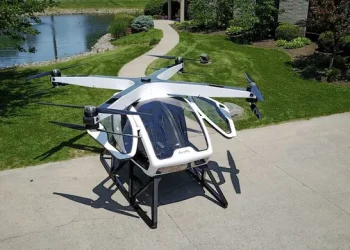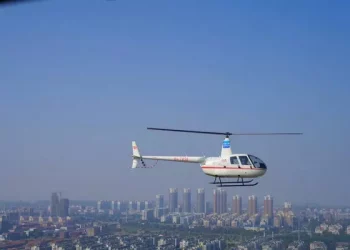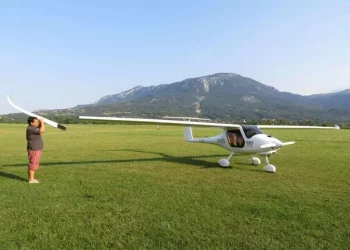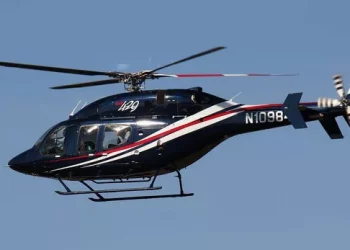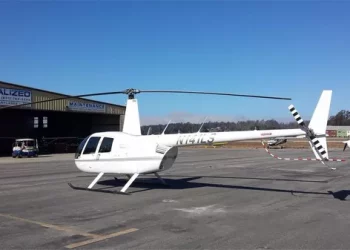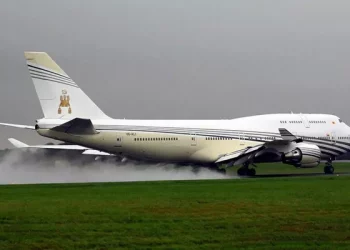Flying at high altitude for a long time is easy to cause flight fatigue. When this situation occurs, it is easy to cause aircraft safety problems. So how should we prevent flight fatigue?
One is adequate rest and sleep.
A good quality of sleep is necessary to maintain a high level of physical strength and energy, and is also closely related to ensuring aviation safety for pilots.
Rest environment should be quiet, no noise, smoking and other adverse effects, the room temperature should not be too high or too low.
During non-critical phases of flight, if fatigue peaks occur, a planned and controlled nap in the cockpit can ensure that the pilot has plenty of energy.
NASA and FAA studies of pilots taking planned naps in the cockpit have shown that cockpit naps are extremely valuable in promoting flight safety.
Second, a good flight environment.
This can eliminate or reduce the adverse factors in the aircraft cockpit, such as hypoxia, supercooling, overheating, noise, vibration and so on.
Third, a reasonable nutritional diet.
Nutrition research shows that foods rich in sugar tend to make people sleepy, and foods rich in protein can make people awake.
If the diet collocation is reasonable, and the meal time and meal arrangement are in accordance with the requirements of physiological rhythm, it will help to adjust the rhythm to a certain state.
Make sure each meal has enough calories and nutrients, and do not fly on an empty stomach.
A long flight should be accompanied by refreshments.
Providing a high-protein diet with drinks such as coffee before a night mission will help pilots stay awake and improve their mental capacity to work.
Fourth, positive emotions.
Positive emotions in flight personnel can improve endurance and reduce fatigue.
Lack of sleep may not only cause cognitive decline, but it may also have a noticeable effect on mood.
Improve the working and living conditions, solve worries, make the pilots good in body and mind, so as to reduce the occurrence of fatigue.
Five is to actively carry out disease treatment and chronic disease correction.
Medication for flying personnel shall be administered under the guidance of aviation doctors, and private medication is prohibited.
Crew members should actively report physical inadaptability, and aviation and health personnel should strengthen pre-flight inquiries.
When a crew member’s physical condition does not meet the requirements of Department 67 of Civil Aviation Administration, aviation and health personnel should check the clearance in time and give temporary medical grounding.
Six is the right amount of physical exercise.
Studies have shown that people who regularly take appropriate physical exercise have better physical endurance, in addition to being less prone to disease, their ability to adapt to changes in jet lag and adjust rhythm is stronger, and they can also adapt to shift work better.
Moderate exercise can reduce nighttime plasma melatonin levels, and scheduling moderate exercise at the right time can regulate your rhythm.
Moderate physical activity before the lowest point of the circadian rhythm can also increase the level of arousal.
Seventh, we will implement all rules and regulations.
In order to prevent flight fatigue, the crew scheduling department should arrange the flight plan scientifically, match crew members reasonably, and eliminate the overtime flight to prevent excessive fatigue.
Eighth, further implementation of aircrew recuperation.
Recuperation can help aircrew recover good physical condition from stressful working conditions. Regular physical examination can eliminate potential diseases and ensure flight safety.
Ninth, strengthen the daily health security of flight personnel.
To actively carry out chronic disease correction, widely carry out fatigue awareness education, improve the physical quality of pilots and health evaluation quality, prevent flying with illness.
The latest market dynamics at any time to see, please pay attention to.




